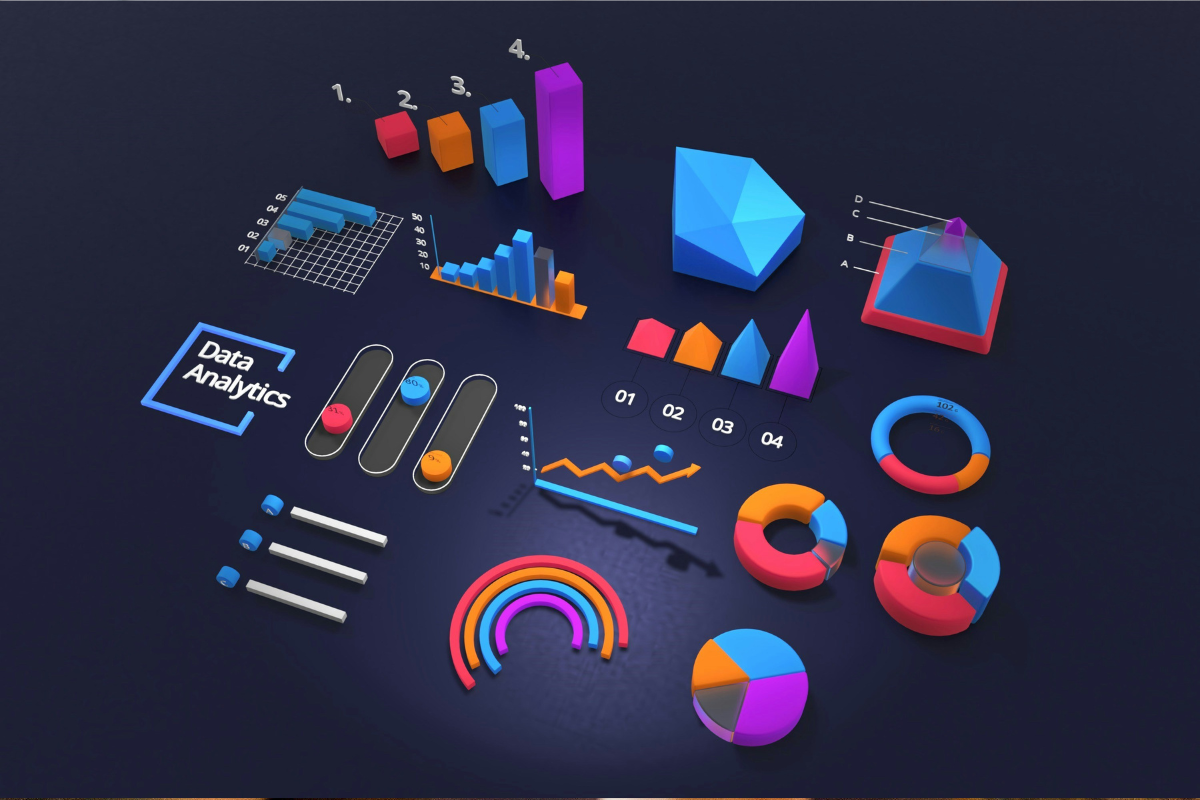How Can Digital Marketing Improve Faculty Performance at the University Level?
In the ever-evolving landscape of higher education, digital marketing isn't just for attracting prospective students or promoting university programs—it can also play a crucial role in enhancing faculty performance. Universities are adapting digital marketing strategies to foster faculty engagement, improve their teaching methods, and increase their research visibility. By leveraging the tools and techniques of digital marketing, faculty members can reach new audiences, collaborate with peers, and even better engage with their students.
With the right digital marketing tactics, faculty members can gain insights into how they can enhance their educational impact, refine their professional growth, and contribute to the university's overall mission. In this blog, we’ll explore five ways digital marketing can significantly improve faculty performance, from enhancing communication channels to building a professional online presence.
1. Expanding Professional Networks
Faculty members can use digital marketing to connect with peers and industry experts, creating more opportunities for collaboration. Through platforms such as LinkedIn, Twitter, and research networks like ResearchGate, faculty can share their work, receive feedback, and stay up-to-date on trends in their field. Engaging on these platforms also enables them to discover potential co-authors, speaking engagements, and conference opportunities, all of which contribute to professional development.
Expanding their network through digital channels enhances the faculty’s understanding of diverse academic perspectives and introduces them to innovative research methods. By cultivating relationships online, faculty members can better position themselves as experts in their fields, facilitating collaborations that bring fresh ideas into the classroom. This connectedness ultimately leads to a more enriching experience for students as well.
2. Improving Student Engagement
Digital marketing tools like email marketing, social media, and content creation platforms can help faculty members increase engagement with students outside of traditional classroom settings. Through regular newsletters, interactive content, and video updates, faculty can offer additional resources and maintain an ongoing dialogue with their students. This continuous communication fosters a stronger sense of community, making students feel more connected and engaged with their professors.
Moreover, social media channels provide an effective means for faculty to share insights, encourage discussion, and highlight student achievements. Using these platforms, faculty can create a space for informal learning, where students feel comfortable sharing ideas and asking questions. This engagement not only enhances the student experience but also provides faculty members with valuable feedback on their teaching methods and content effectiveness.
3. Enhancing Research Visibility
Faculty members often conduct groundbreaking research that may go unnoticed outside academic journals. Digital marketing can help amplify this research by sharing it with a broader audience, increasing visibility, and attracting potential funding opportunities. By building a personal website or creating dedicated social media pages, faculty can regularly post updates on their projects, share publications, and highlight key findings in a way that is accessible to both academic and non-academic audiences.
Digital marketing also enables faculty to present their research in more engaging formats, such as infographics, videos, or blog posts, making complex ideas easier to understand. Platforms like YouTube, Medium, and LinkedIn are ideal for presenting research in digestible formats, allowing faculty to reach audiences who may benefit from their work but aren’t active within traditional academic channels. As their research gains more exposure, faculty can attract the attention of potential collaborators, grant providers, and industry partners, further enhancing the university's reputation.
4. Building a Professional Online Presence
In today’s digital age, faculty members benefit from cultivating a professional online presence to enhance their credibility and visibility. Through tools like personal websites, blogs, and social media profiles, faculty can showcase their expertise, share insights, and provide a platform for ongoing communication with peers and students alike. A well-curated online presence demonstrates faculty members' commitment to their field and their willingness to share their knowledge with a wider audience.
Creating an online presence also enables faculty members to manage their personal brand, positioning themselves as thought leaders in their discipline. By regularly publishing content, responding to industry trends, and engaging with the academic community online, faculty can reinforce their role as experts. This visibility can lead to new teaching opportunities, speaking engagements, and collaborations, which not only benefit the faculty member personally but also enrich the university’s profile as a hub for thought leadership.
5. Leveraging Analytics for Teaching Improvement
Digital marketing offers analytics tools that can provide faculty members with valuable insights into their teaching effectiveness and student engagement. Through email marketing metrics, social media engagement data, and website analytics, faculty can assess which resources resonate most with students and adjust their approach accordingly. These insights enable faculty to identify areas for improvement and implement data-driven strategies to enhance the learning experience.
For example, if faculty members notice higher engagement on specific types of content, such as video tutorials or interactive quizzes, they can integrate more of these formats into their courses. Analytics can also help faculty understand student preferences and learning behaviors, allowing them to customize their teaching style to better meet student needs. By leveraging digital marketing analytics, faculty can make informed decisions that enhance their effectiveness and contribute to improved educational outcomes.
Deploy Digital Marketing to Improve University Faculty Performance
Digital marketing can be a powerful tool for university faculty seeking to enhance their professional performance and increase their impact on students, peers, and the broader community. By expanding professional networks, improving student engagement, enhancing research visibility, building a strong online presence, and leveraging analytics, faculty members can benefit from the strategies that digital marketers use daily.
For faculty or industry leaders looking to upskill or reskill in modern digital marketing practices, WorkForce Institute offers an accelerated digital marketing bootcamp. This program equips professionals with the knowledge and skills necessary to leverage digital marketing tools and techniques, allowing them to make a meaningful difference in their roles. Whether you’re looking to enhance your teaching strategies, boost your research profile, or strengthen your professional network, WorkForce Institute’s bootcamp is an invaluable resource to help you reach your goals.



